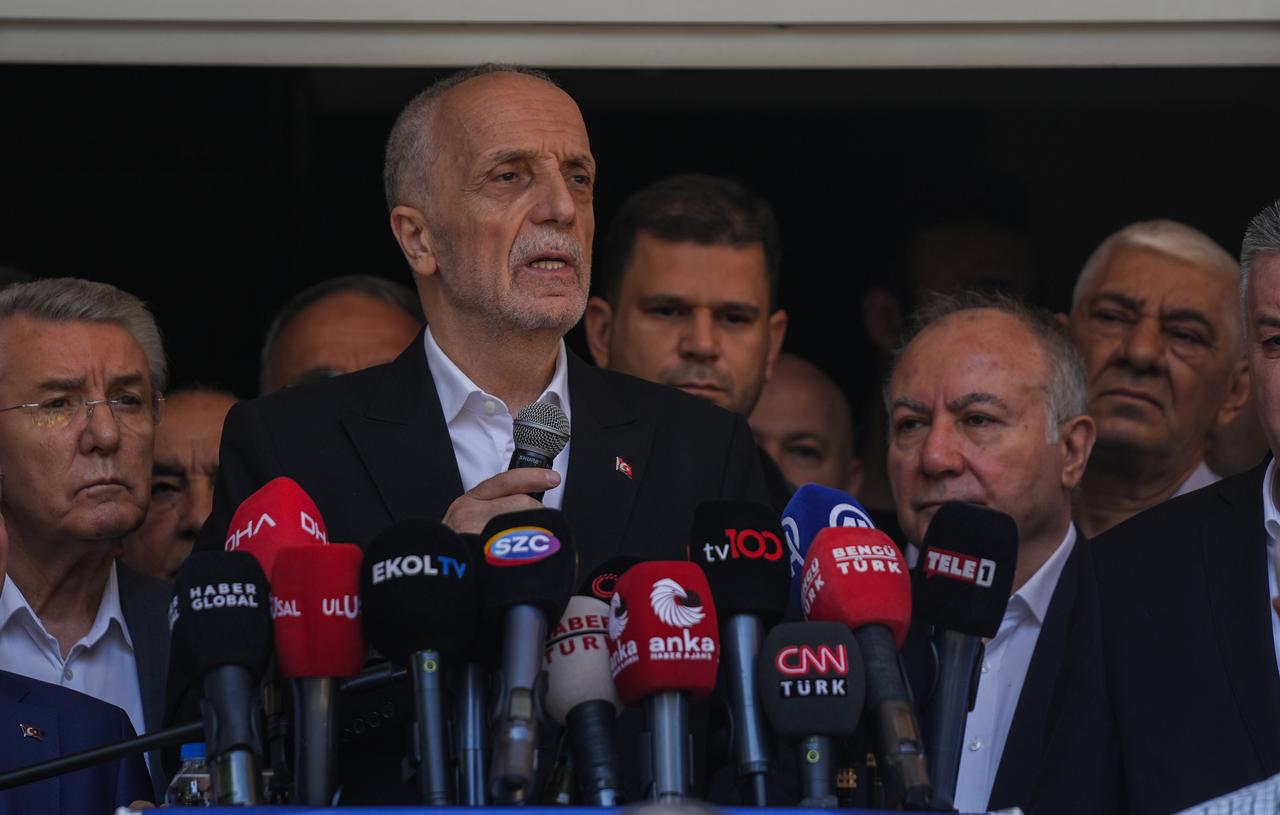
The planned strike by Turkish mine workers over stalled wage talks, which was expected to begin on Friday, has been delayed for 60 days by a decree from President Recep Tayyip Erdogan, published in the Official Gazette.
The decision affects workers at several key boron mining facilities operated by Eti Maden, including those located in Ankara, Balikesir, Eskisehir, and Kutahya.
The delay follows a breakdown in collective bargaining negotiations between public sector unions—representing over 600,000 workers—and the government over wage increases for 2025 and 2026. The Confederation of Turkish Trade Unions (Turk-Is) head Ergun Atalay announced Wednesday that the first strikes would begin at boron mines.
Under Turkish law, the right to strike is legally recognized; however, Article 63 of the Law on Trade Unions and Collective Bargaining Agreements allows the president to postpone a lawful strike or lockout for 60 days if it is deemed harmful to public health or national security.
The postponement takes effect upon publication. If the parties fail to reach an agreement during this period, the dispute is referred to the High Arbitration Board for resolution. Once postponed, restarting the strike is not legally permitted, and if no action is taken, the union's authority to conclude a collective agreement may lapse.
Atalay described the strike decision as a last resort. “We never viewed a strike as an end in itself, but as a tool,” Atalay said following a meeting of the Turk-Is executive board. He stated that the unions had engaged in seven rounds of negotiations and waited more than 200 days for a resolution.
Atalay recalled that the government’s early proposals had included wage hikes of 16% and then 17%. Most recently, Labor and Social Security Minister Vedat Isikhan announced on July 18 a new offer of 24% for the first half of 2025 and an inflation-adjusted raise for the second half. However, Atalay noted that no formal proposal had been submitted to the unions since then.
“It’s been five days with no further meetings,” he said, warning that unless an agreement was reached, the miners would begin their strikes.

Responding to the workers’ claims, Isikhan stated that the government’s offer was clear and based on expected inflation levels.
“The offer for the first half of 2025 is 24%, and for the second half, it is 11%, based on projections for July to December,” he stated. Isikhan emphasized that the government remained committed to social dialogue and had kept the negotiation door open to the unions.
Isikhan also referenced wage hikes implemented under the 2023–2024 Public Sector Framework Protocol, which included a 45% increase in early 2023, followed by 15% and 10% increases in subsequent periods. Workers earning less than ₺15,000 in gross pay were raised to that level during the previous agreement.

On Tuesday, the government presented a revised wage package offering 24% for the first half of 2025, followed by increases of 11%, 10%, and 6% for subsequent six-month periods through 2026. The new offer marked a modest improvement over previous rounds, but Turk-Is rejected the proposal as inadequate.
Union officials cited rising inflation and living costs as the core reasons for rejecting the offer. According to data from the Turkish Statistical Institute (TurkStat), consumer prices have risen by 16.6% since December. Turk-Is has expressed skepticism about the reliability of official inflation data and argues that proposed wage increases do not match the reality faced by workers.
Currently, the lowest monthly wage for public workers stands between ₺37,000 ($911.67) and ₺38,000. Meanwhile, Turk-Is data from July show that the poverty threshold for a family of four is ₺86,036 per month, and the hunger threshold—the minimum cost of food—has reached ₺26,413.